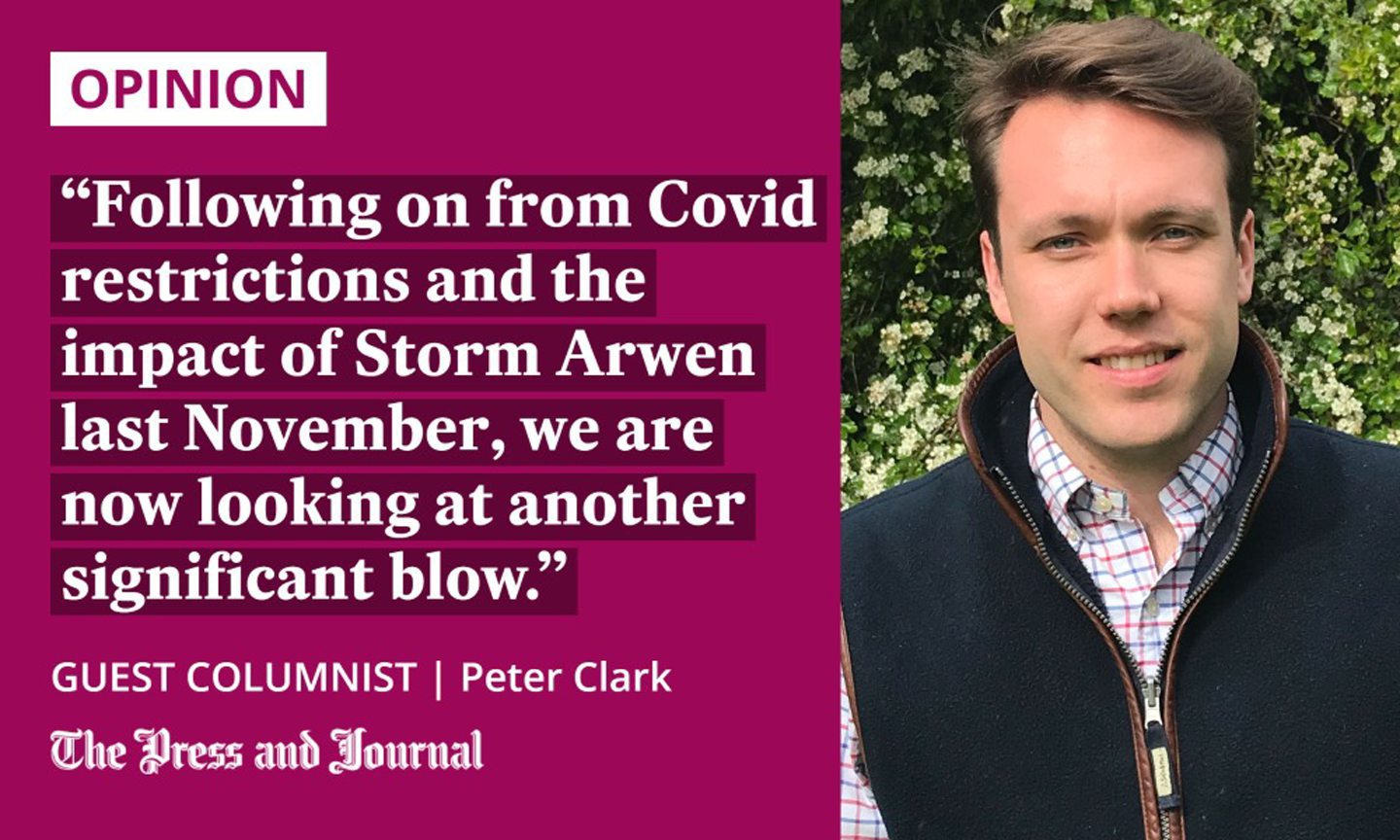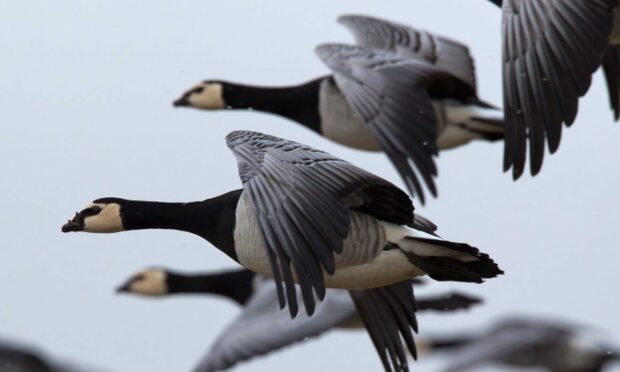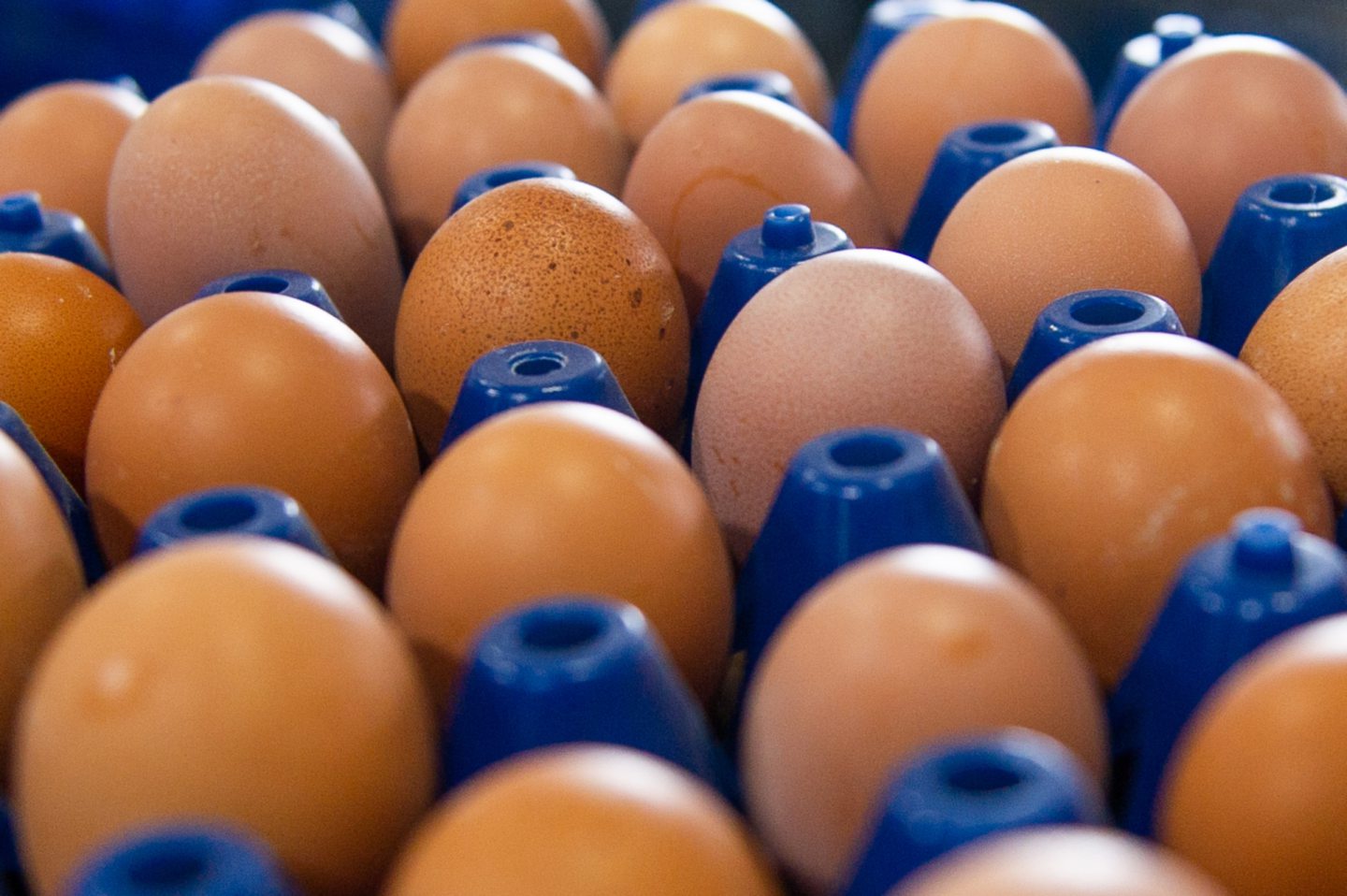Avian influenza, commonly called bird flu, has been more common over the last winter, and now into spring, than ever before.
Why that is, we don’t know, but its impact has been felt on wild birds as well as on poultry.
Under prevention measures, all poultry were housed indoors from November through to the start of May. The UK has recorded 121 cases of bird flu since October – 10 in Scotland – and, in most cases in commercial flocks, all the birds were euthanised. A devastating outcome for the owners.

In wild birds, the Svalbard barnacle goose population that winters on the Solway Firth around Dumfries saw losses of over 4,000 birds, mainly young ones. More recently, dead waterfowl have been found on Loch Fleet in Sutherland and along the Moray coast, including Findhorn Bay.
Dead seabirds are now being reported from many of our large colonies around the coast.
Bird flu and Brexit laws heap pressure on shoots
Bird flu has caused issues further afield, with Europe and North America reporting higher than usual incidences. In France, there have been hundreds of outbreaks in the Vendée and Loire-Atlantique regions, where several large game farms are located.
For many years now, game farms in France have provided both red-legged partridge and pheasant eggs and chicks to UK game farmers, who then rear them on and eventually sell to shoots and estates.
With longer breeding seasons in France and less dependency on good weather, the UK was heavily reliant on this trade, but, this year, it has collapsed due to bird flu.
EU regulations dictate that, while these French game farmers could resume trade within the EU 30 days after disinfection, it is 90 days for export to countries outside the EU. This would be too late to stock shoots in the UK, even if eggs were available. To this extent, Brexit has delivered a big blow.
Setback to rural economy and conservation
Following on from Covid restrictions during the 2020/21 season and the impact of Storm Arwen last November – which hit shoots in the north-east of Scotland particularly badly – we are now looking at another significant blow: one that might well see some shoots collapse. The landscape and biodiversity will suffer without the dedicated work of the gamekeeper.
Shooting and deer stalking are worth over £200 million to the Scottish economy each year, employing the equivalent of 8,800 full-time employees
Shooting and deer stalking are worth over £200 million to the Scottish economy each year, employing the equivalent of 8,800 full-time employees. This coming season, the rural economy and conservation efforts could see a significant setback.
BASC is working hard to ensure parliamentarians acknowledge the setbacks that bird flu is causing and, behind the scenes, making sure that, if it returns with ferocity next year, there are further actions that we can take to protect our community and landscape.
Peter Clark is public affairs manager for the British Association for Shooting and Conservation (BASC) in Scotland


Conversation